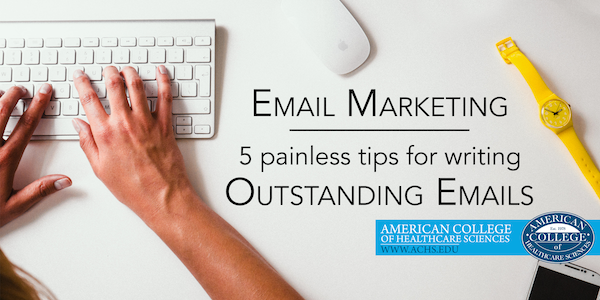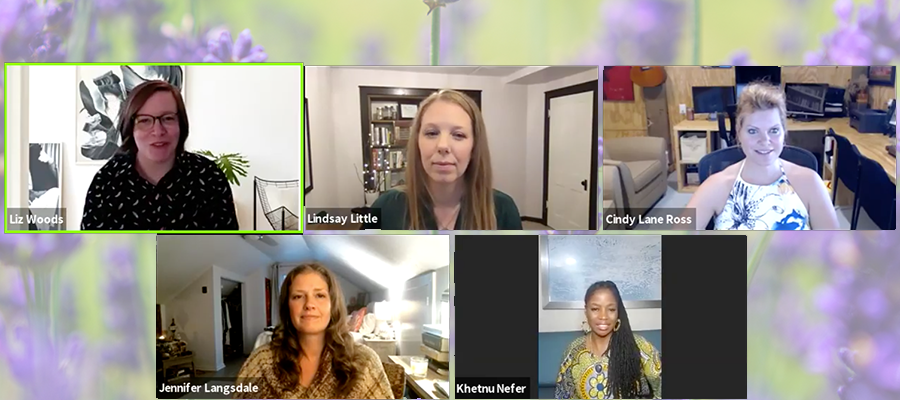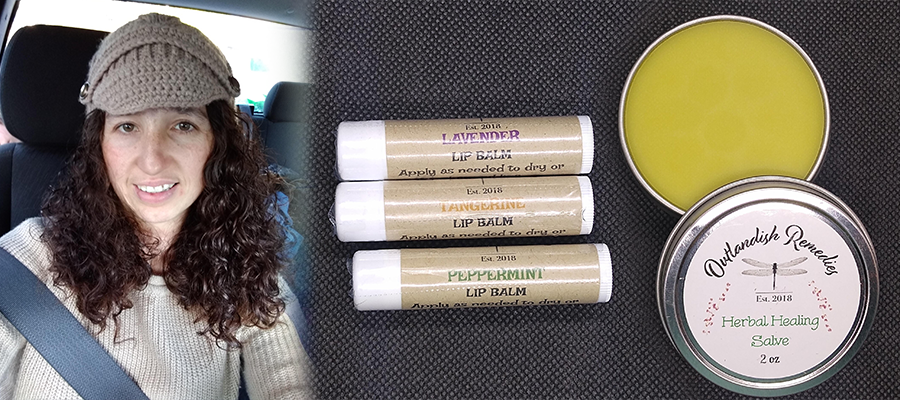If you’re running a holistic health business, you need a way to communicate with your customers. You also want to reach out to potential customers and show them how your business can bring value to their lives.
Email marketing can accomplish both of these goals. In this blog, we’ll cover the importance of an email list, how to build one, and effective email communication strategies to nurture your list.
The Importance of an Email List
An email list helps you stay in contact with two major groups of people: past customers and potential customers.
Past customers who have enjoyed your product or service are much more likely to buy from you again, but it’s your job to stay in touch. Staying connected and regularly engaging with satisfied customers will keep you at the top of their minds, so they’ll reach out to you first when they need holistic health help again.
Potential customers interested in holistic health may be considering several different businesses. Emails are a chance to educate them on why your business is unique and show them how you can address their needs.
Pros/Cons of Buying a List
Pros
- You can easily expand the number of people you reach.
- You can reach people you might not otherwise have access to.
Cons
- There’s no way to ensure that the people on those email lists willingly provided their information to be sold.
- Most reliable email marketing services prohibit the use of purchased email lists.
- If your emails are sent to uninterested recipients, they will be marked as spam, which will increase your likelihood of future emails automatically ending up in the junk folder.
- You may be at risk of violating the CAN-SPAM Act, a 2003 Act that strictly regulates unsolicited emails.
How to Build Your List
The best way to build your list is to do it naturally. Let people add themselves to your list - those are the most interested people who are closest to becoming new or repeat customers.
An accessible signup form on your website or blog posts makes it easy for an interested internet explorer to type in their information. Pop-ups on your website’s home page are also an effective tool (when used well!).
If your business has a physical location, you can ask patrons in person if they’d like to sign up to be notified about future deals and updates.
You can also encourage subscribers to your email list by offering exclusive information or offers. If you have a breakdown of a holistically healthy meal plan or a limited-time two-for-one offer on a product, you can offer it as a signup bonus for joining the email list. Always think about how you can add value for your subscribers to complement your promotional content.
Invest in the Right Software
There is a variety of email marketing software available to you, and it’s always best to explore your options and find the service that works best for you. Ideally, you’ll find an affordable choice that helps you advertise effectively and deliver special offers to your customers. Here are three software programs to check out:
- Brevo is designed to help small and midsize businesses succeed. With affordable pricing and an intuitive user experience, it makes the most of advanced automation capabilities to send stellar emails.
- Mailchimp is an email-focused site that’s optimized for e-commerce businesses. It’s easy to use and it features several email templates and a free tier for starting out.
- HubSpot lets you store and manage your customer’s information, as well as send efficient emails. It can be pricey and take some time to learn, so this would be better suited to a holistic health business that’s been growing for a while.
Communicating with Your List
What to Write in an Email
1. Start with an effective subject line
First impressions matter, and a good subject can make all the difference between an open email or a redirect to the spam folder.
Every email list differs depending on the industry, so experiment with your subject line! A few general tips: Keep it under 50 characters and use the subject line to pique interest by asking a question or stating something interesting.
2. Keep it personal and professional
Your email marketing service will come with built-in personalization functions called “tokens.” Personalizing emails will amp up your email game since it’s easy to delete an impersonal mass-produced email, but an email with your name on it gets attention.
3. Add value
Since you’re a holistic health professional, your lead is most likely passionate about wellness. She’s a real person who wants to live well. This means that your email needs to deliver on that value. Just imagine her thinking: What’s in it for me?
4. Create a dynamic call to action
Every email should have a specific goal. Before drafting, ask yourself: what do I want the reader to do? Once you’ve determined your goal, create a clear call-to-action (CTA). For example, this can be a simple hyperlink with actionable text: e.g., >>Download our eBook on Essential Oil Safety.
Keep your CTA high in the email: your reader shouldn't need to scroll to see it. It should catch the eye when the email is first opened.\
5. When to Write an Email
Opinions vary on how often to send an email to your list, but the consensus is somewhere between once a week to once every two weeks. Avoid sending an email without a reason, and always ask whether it offers value for your customer. Some suggestions: a sharable set of tips, sharing expertise that will get them a quick win, a new offer, an in-stock product, a recent blog post, or an update to your business that is relevant to them.
Feel free to experiment and see what frequency of emails gathers the most engagement!
For More Business Know-How, enroll in an ACHS Course!
To learn more about blogging and communication for business that will make your emails shine, check out ACHS’s self-paced online business courses to polish your effective email-writing skills.
Disclaimer
This article is for informational purposes only. The information included is representative of industry trends as provided in the references. Please refer to third-party sites for additional information. ACHS does not guarantee graduate employment or other placement. Note, that professional success is achieved by a number of factors beyond education and experience, including soft skills, work ethic, integrity, and other skills that may not be developed through education and training alone.





